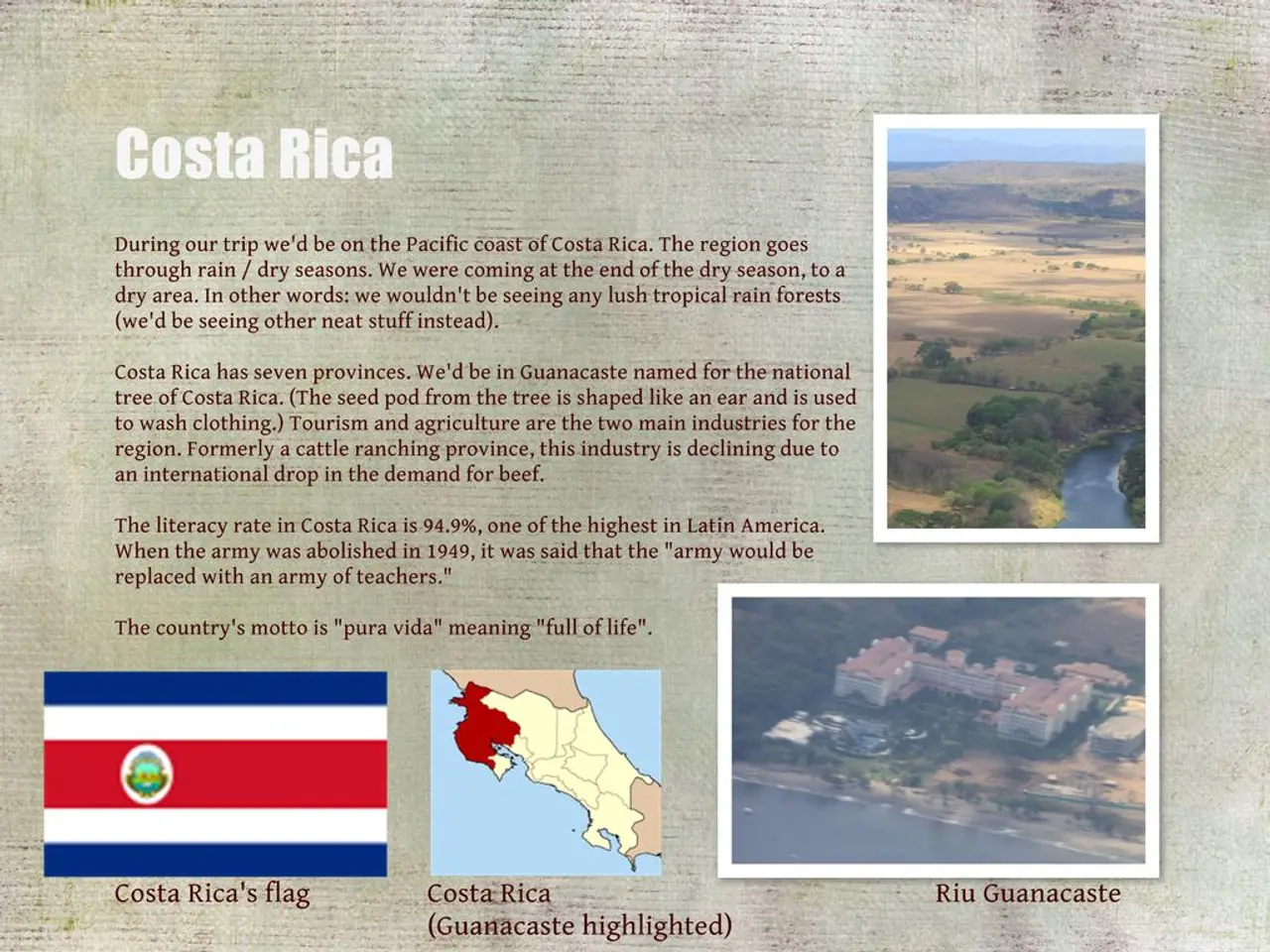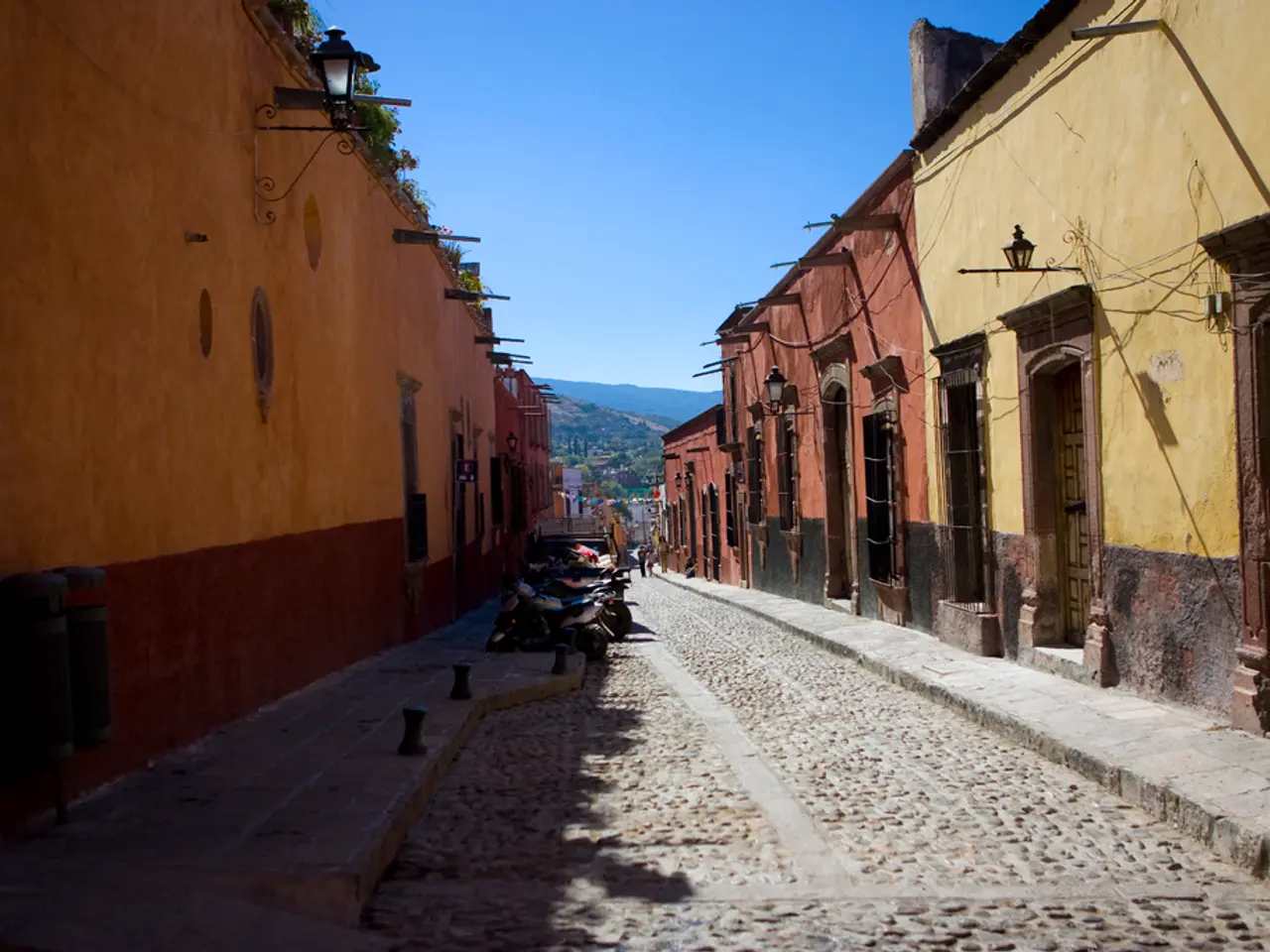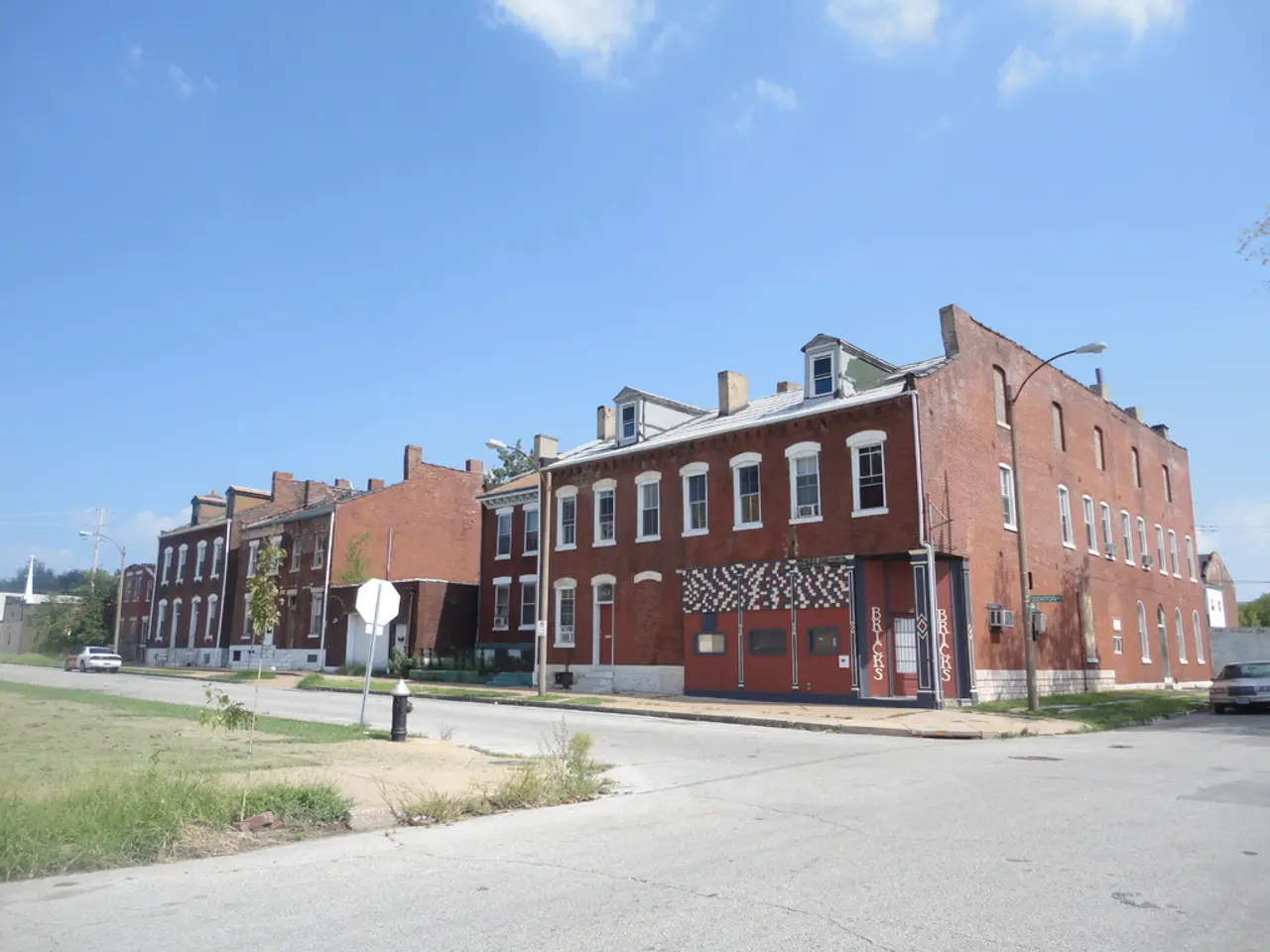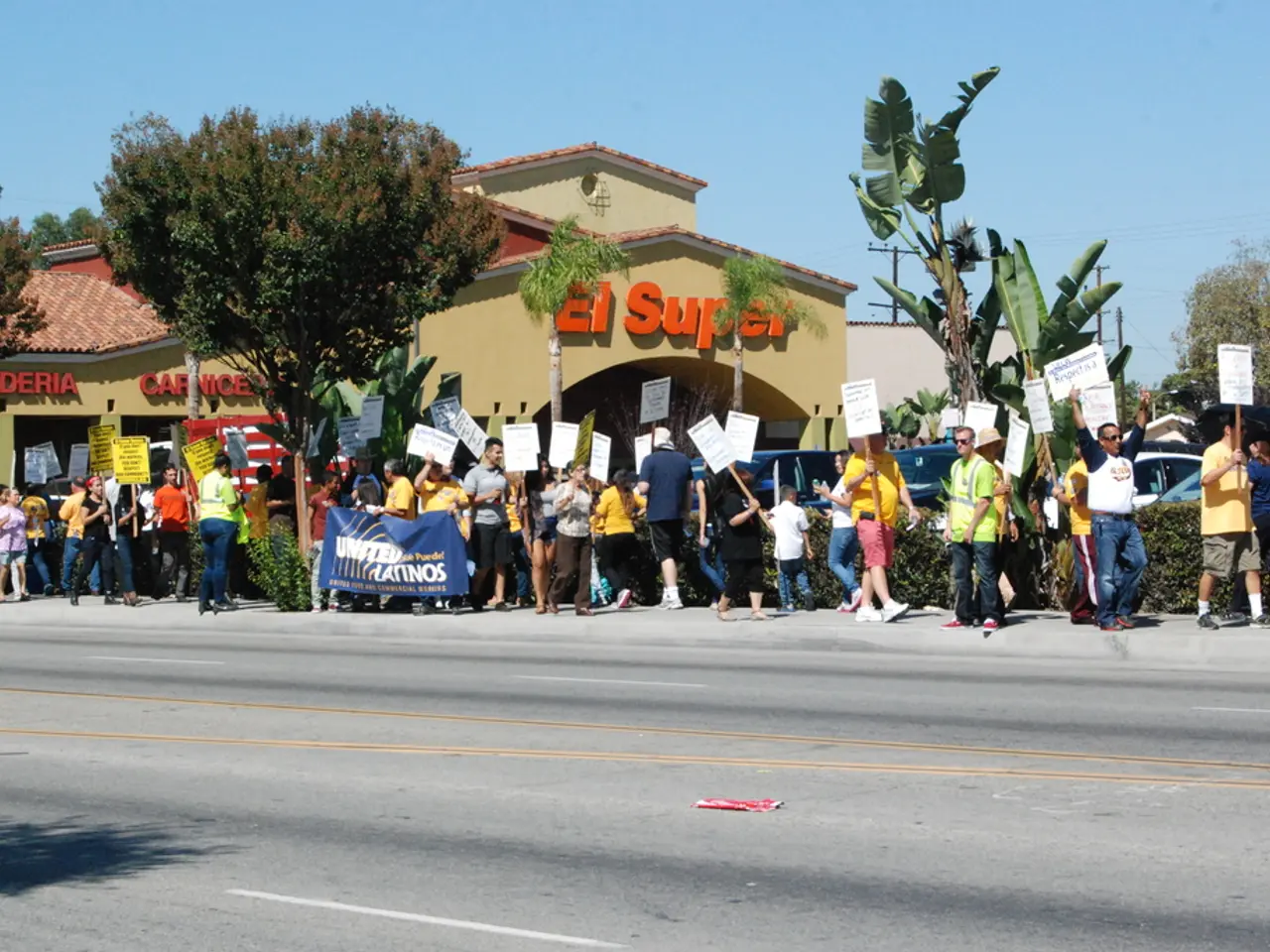El Salvador affirms permanent reelection of the nation's chief executive
El Salvador's Constitutional Amendments: Bukele's Path to Indefinite Re-election
El Salvador's National Assembly, dominated by President Nayib Bukele's ruling party New Ideas, has approved constitutional amendments that will allow for indefinite presidential re-election and extend presidential terms from five to six years. The reforms also eliminate the need for a second-round runoff in presidential elections and reschedule Bukele's current term to end in 2027 instead of 2029 [1][2][3].
The changes, which were passed by 57 ruling party deputies, have significant implications for the political landscape of El Salvador. These amendments remove constitutional barriers that previously prevented Bukele from serving unlimited terms, potentially making him the longest-serving president in El Salvador's history. This raises concerns about weakening democratic checks and balances [1].
Bukele was allowed to run for a second consecutive term in 2024 after Supreme Court justices sympathetic to his party ruled the previous constitutional ban unenforceable. Now, indefinite re-election for the presidency formalizes this trend [2].
The reforms have sparked criticism and controversy, with opponents and some international observers warning that they undermine democracy by enabling potential authoritarianism. Removing the runoff vote reduces electoral competition, which is a concern for many [1].
However, Bukele remains highly popular due to his aggressive stance against violent street gangs, which has led to a reported drop in crime. Voters appear willing to overlook concerns about democracy in exchange for security and stability [2].
The new regulations do not specify a new term length for future presidents beyond six years. Only three opposition representatives voted against the constitutional amendment, and a second vote is still required to confirm the changes. The second vote is considered certain to pass [1].
Bukele's model is inspiring leaders in the region who seek to emulate his governance style—centralized power combined with heavy security measures. However, the implications of these constitutional changes for El Salvador's democracy and the region's political landscape remain a subject of ongoing debate [2].
References:
[1] Reuters. (2023, March 29). El Salvador's Bukele wins vote to extend presidential term, allow indefinite re-election. Retrieved from https://www.reuters.com/world/americas/el-salvadors-bukele-wins-vote-extend-presidential-term-allow-indefinite-reelection-2023-03-29/
[2] BBC News. (2023, March 29). El Salvador: Bukele's party wins vote to extend president's term. Retrieved from https://www.bbc.com/news/world-latin-america-64897912
[3] The Guardian. (2023, March 29). El Salvador's Nayib Bukele wins vote to extend presidential term and allow indefinite re-election. Retrieved from https://www.theguardian.com/world/2023/mar/29/el-salvadors-nayib-bukele-wins-vote-to-extend-presidential-term-and-allow-indefinite-reelection
[4] The New York Times. (2023, March 29). El Salvador's Bukele Wins Vote to Extend His Term and Allow Indefinite Re-election. Retrieved from https://www.nytimes.com/2023/03/29/world/americas/el-salvador-bukele-term-extension.html
[5] The Washington Post. (2023, March 29). El Salvador's Bukele wins vote to extend his term and allow indefinite re-election. Retrieved from https://www.washingtonpost.com/world/the_americas/2023/03/29/el-salvador-bukele-term-extension/
The constitutional amendments in El Salvador, approved by Bukele's ruling party, have prompted debates in the realm of policy-and-legislation, with critics viewing them as a potential threat to democracy due to the allowance of indefinite re-election for the president [1][2][3]. This shift in service, potentially extending Bukele's tenure, raises questions about the future of politics in El Salvador, and perhaps, in the general-news region [4][5].








